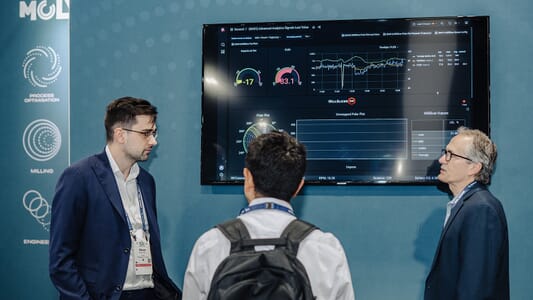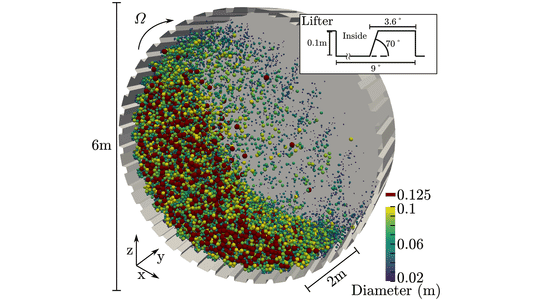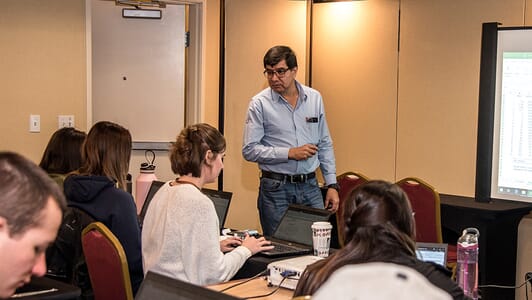Molycop enables U.S. mineral processing plants to unlock greater performance and efficiency with tailored Advanced Process Control (APC) solutions that combine deep process expertise with operator-focused support.
Key Facts
- Molycop’s customised APC strategies have delivered results such as a 4% improvement in recovery at a U.S. copper flotation circuit.
- Bryan Maas, Manager, Advanced Process Control – USA, is reponsible for exploring how plants can unlock value through smart control strategies.
- As U.S. mining operations face demands for higher throughput and environmental responsibility, Molycop is advancing smarter, data-driven and connected control solutions.
Following Molycop’s recent webinar – ‘Mastering Advanced Process Control Strategies in Mineral Processing’ – we spoke with Bryan Maas, Manager, Advanced Process Control – USA at Molycop, to further explore how plants can unlock new value through smart control strategies.
 The changing landscape of U.S. mineral processing
The changing landscape of U.S. mineral processing
“U.S. mining operations are under increasing pressure to deliver more – more throughput, more consistency, more environmental responsibility – often with less budget and fewer people,” Bryan explains. “APC gives them a powerful tool to navigate those demands without the need for major capital projects.”In his recent webinar, Bryan emphasised that many concentrators continue to rely on legacy control approaches, making it difficult to manage circuit variability or respond dynamically to process changes.
Tailored solutions deliver results
Rather than offer a one-size-fits-all platform, Molycop delivers customised control strategies informed by deep process knowledge. From classic Proportional-Integral-Derivative (PID) loops to fuzzy logic and advanced Model Predictive Control (MPC), Molycop’s approach balances theoretical control models with practical on-site realities.“One of our recent success stories involved a flotation circuit at a U.S. copper operation,” Bryan says. “After implementing APC and working directly with their team to fine-tune operator interaction, we saw a 4% improvement in recovery and much tighter control of concentrate grade. That’s a huge win without any major infrastructure change.”
Operator engagement is key
A strong theme that emerged in Bryan’s webinar is the human element involved in optimising operations.“Technology alone won’t transform your plant,” Bryan says. “Empowering operators and engineers with the right knowledge and context is essential. That’s why we invest in hands-on support and education as part of every APC rollout.”
This focus on training and collaboration is one of the reasons clients are seeing sustained results, not just short-term gains.
Looking ahead: Smarter, more connected plants
Bryan sees the future of U.S. mining increasingly intertwined with real-time data, AI and integrated digital systems.“We’re just scratching the surface,” he says. “Clients are starting to explore how tools like machine vision and advanced analytics can work hand-in-hand with APC to deliver even greater control.”







